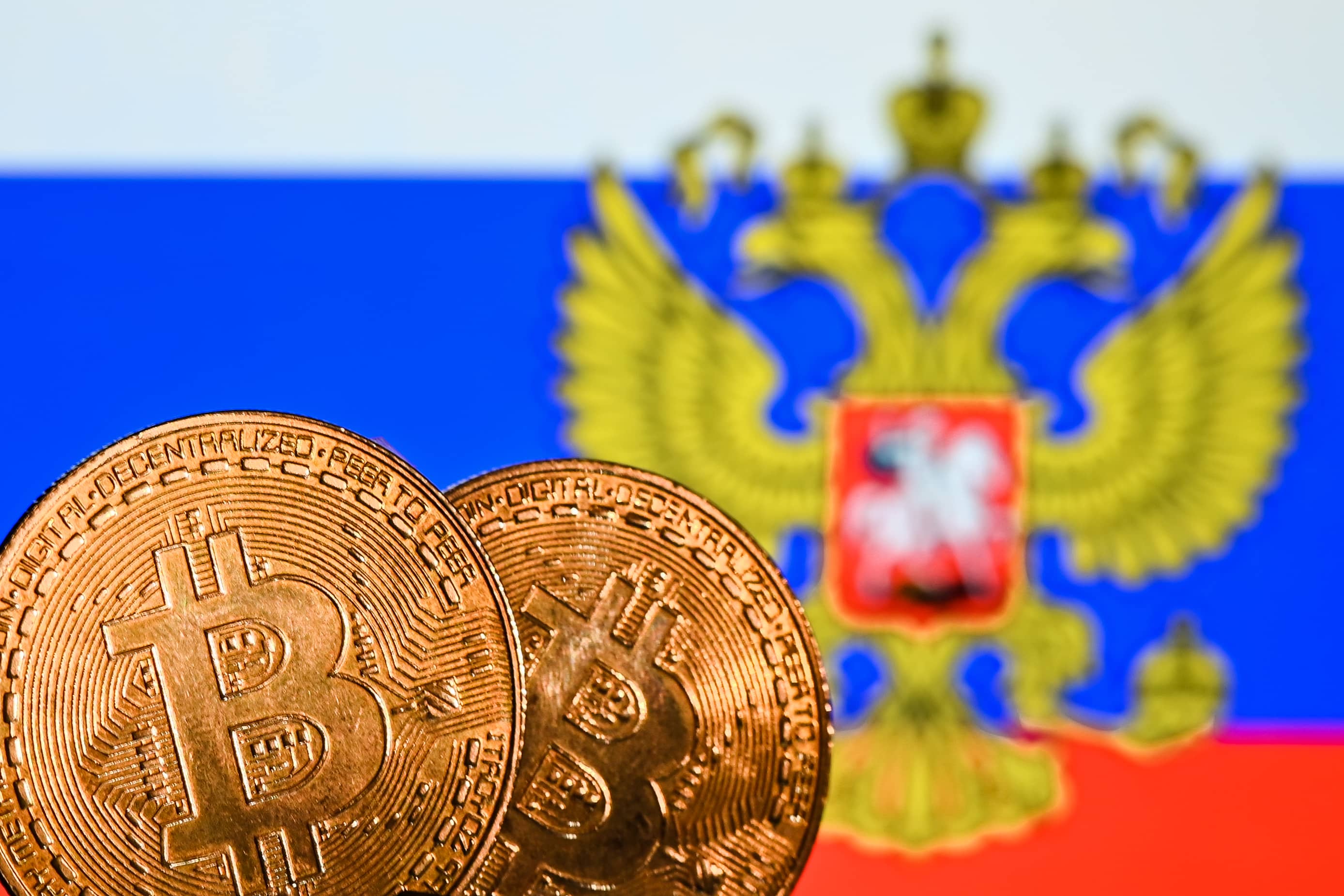There is a lot going on in Russia when it comes to the regulation of Bitcoin and other crypto assets. Probably because of the Western sanctions, the signs in Moscow are crypto-friendly. However, a new draft law shows that domestic crypto payments could be overkill after all.
On June 7, Anatoly Aksakov submitted to the State Duma a proposal to amend the existing law “On Digital Financial Investments”. In it, the chairman of the Financial Markets Committee proposes an explicit ban on the use of cryptocurrencies – referred to by the law as “digital financial assets” – as a domestic means of payment:
The official monetary unit (currency) of the Russian Federation is the ruble. The present proposal also prohibits the introduction of other currency units in the Russian Federation, as well as the issuance of currency surrogates,
explains Aksakow in an attached letter of explanation. The previous legal situation de facto already ruled out the acceptance of cryptocurrencies as a means of payment. The proposed amendment anchors the ban explicitly in the text of the law.
Aksakov's proposed law is also interesting as it seeks to introduce the notion of an “electronic platform” into legislation for the first time. The loose term includes crypto exchanges and other financial and investment platforms that issue digital financial assets.
The proposed law would place these platforms under the supervision of the Central Bank of Russia. They would then all need an authorization from Bank Rosii and would be listed in a register that the financial institution operates.
Russia's crypto plans
Aksakow's recent advance may surprise some Bitcoin enthusiasts. After all, he takes some of the wind out of the sails of the dream of Russia as the new crypto El Dorado. According to Reuters , just a few weeks ago, Deputy Trade and Industry Minister Denis Manturov finally claimed that the acceptance of Bitcoin and Co. as a means of payment was only a matter of time.
Manturov's prognosis may not come true, but Russia has been on crypto-friendly paths since the beginning of the brutal war of aggression against Ukraine. The country plans to move crypto mining out of the legal gray area and into legality. Another law is intended to define the legal framework for the use of Bitcoin and Co. It is currently being discussed by authorities.
The fact that Bitcoin does not become a domestic means of payment thus marks the outer limit of the Kremlin’s crypto acceptance. Because at least when it comes to processing payments abroad, both parts of the government and the crypto-skeptical central bank are ready to experiment with digital currencies.
My Top PicksHoneygain - Passive earner that pays in BTC or PayPalMandalaExchange -The Best no KYC crypto Exchange!
BetFury - Play And Earn BFG for daily Bitcoin and ETH dividends!
Pipeflare - Faucet that pays in ZCash and Matic, Games pay in DAIWomplay - Mobile dApp gaming platform that rewards in EOS and BitcoinCointiply - The #1 Crypto Earning SiteLiteCoinPay -The #1 FaucetPay earner for LitecoinLBRY/Odysee - YouTube Alternative that lets you earn Money by viewing videos!FaucetPay - The #1 Microwallet PlatformFREEBTC - The #1 FaucetPay earner for Satoshi'sFaucetCrypto - An earning/faucet site that pays out instantlyFireFaucet - An earning site that pays better for some than Cointiply
DogeFaucet - Dogecoin Faucet
xFaucet - BTC, ETH, LTC, Doge, Dash, Tron, DGB, BCH, BNB, ZEC, FEY - Claim every 5 minutes
Konstantinova - BTC, ETH, LTC, Doge, Dash, Tron, DGB, BNB, ZEC, USDT, FEY, 25 Claims Daily


Comments
Post a Comment